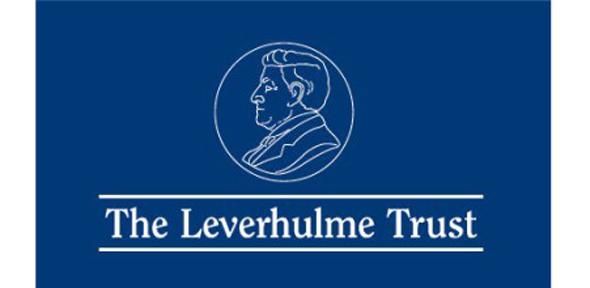
Dr John Rudge (Department of Earth Sciences), Dr Suchitra Sebastian (Department of Physics), and Dr Renaud Gagné (Faculty of Classics) have been awarded Philip Leverhulme Prizes in recognition of their outstanding research work.
Philip Leverhulme Prizes recognise the achievement of outstanding researchers whose work has already attracted international recognition and whose future career is exceptionally promising.
Explaining the work for which he was awarded the prize, Dr Rudge said: “Contained within rocks and meteorites is a record of the Earth's 4.5 billion year history. This record is encrypted in a chemical code and the overarching goal of my research is to decrypt the record, and produce new insights into the workings of our planet's interior.
“I do this by building mathematical models of the fundamental physical processes that control the chemistry of rocks. I have used these models to place new constraints on how long it took the Earth to form, how long the first crust lasted, and how fast material is recycled by plate tectonics.”
Rudge also plans to part of the prize funds to support summer research projects for undergraduates, nurturing the next generation of Earth scientists.
Dr Sebastian’s work has received international recognition for the discovery of new physical phenomena by combining materials synthesis, low temperatures, high magnetic fields, and large applied pressures to access previously unexplored regions of phase space.
She said: “We are working toward the design of new superconductors by applying high pressures to selected non-superconductors, following our discovery of the same in iron-based magnets.
“I also propose to use high magnetic fields to explore quantum materials positioned in-between metallic and insulating regimes, where we have uncovered preliminary signatures of a fascinating new phase of matter that is neither metal nor insulator, but has elements of both. The award will facilitate travel to perform experiments at international high magnetic field facilities.”
In his work, Dr Gagné is concerned with the literary representation of ancient Greek religion and its reception. Most notably, in 2013 he authored Ancestral Fault in Ancient Greece, which provides an innovative and comprehensive analysis of a core concept of Greek religious culture – the notion that individuals can be punished for the actions of their forebears.
“The book redefines a fundamental question at the crossroads of Greek literature and religion, and provides a model for other work along same lines,” says Gagné. “It covers the evolution of the idea of ancestral fault through many genres and centuries of Greek literature, from Homer to Proclus, and follows the long reception of that ancient material from Late Antiquity to contemporary scholarship.”
The award will help Gagné to finish two books, Hyperborea: Excursions to the Overnorth and Chorus and Symposium: Metaphors of Performance in Ancient Greek Culture.
